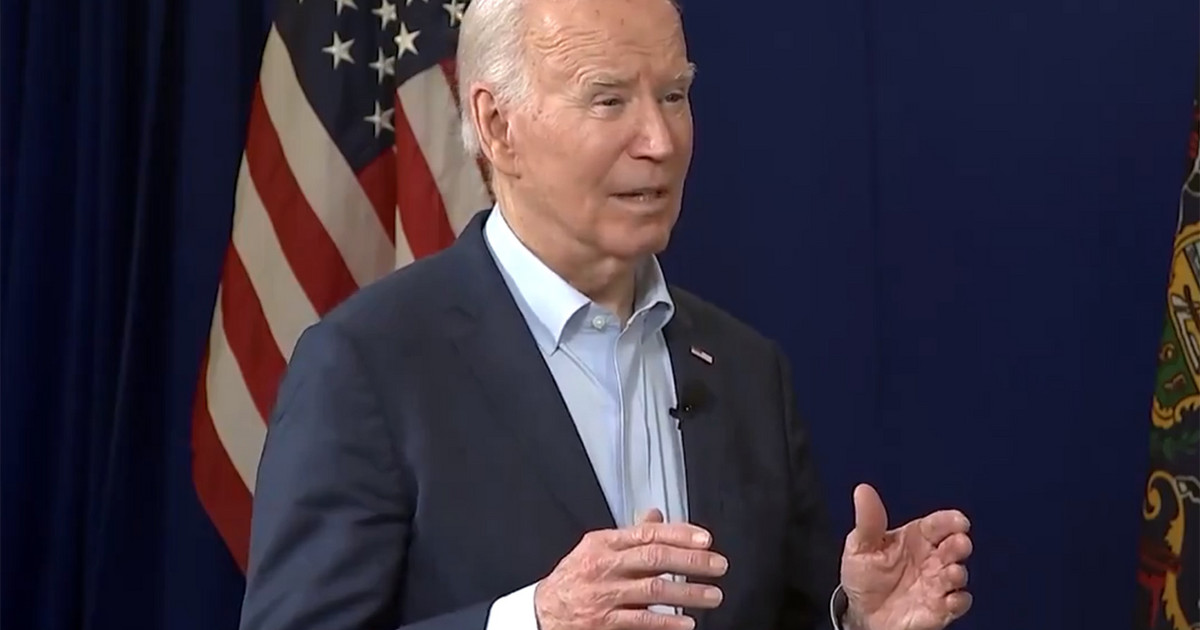Germany is pushing the G7 states to withdraw a commitment that would stop funding fossil fuel projects by the end of the year, according to Bloomberg-based insiders. This would be a major shift in policy towards climate change, as Russia’s war in Ukraine overturns access to energy supplies.
A draft text seen by Bloomberg called on the G7 “to recognize that state-backed investment in gas is needed as a temporary response to the current energy crisis.”
The proposal envisages as a safeguard that this funding will be provided “in a way that is in line with our climate goals and without creating commitment phenomena”.
The text remains under discussion and could change before the G7 leaders’ summit, which begins tomorrow. The United Kingdom opposes the proposal, two of them said, while a German government spokesman declined to comment.
A person familiar with the discussions pointed out that Italy is not actively opposed to the German proposal. Italy, like Germany, is heavily dependent on Russian gas. Speaking at a news conference in Brussels on Friday, Prime Minister Mario Draghi said Italy had managed to reduce Russian gas imports from 40% last year to 25% now. This was made possible by the signing of new gas agreements in countries such as the Congo, Algeria and Angola. On the contrary, a government spokesman said that Italy did not support the idea of Germany.
The debate comes at a time when Europe is fighting for alternative fuels to Russian gas. The German government has warned that Russia’s supply-cutting moves risk a collapse in energy markets similar to those of Lehman Brothers, with Europe’s largest economy facing an unprecedented prospect of running out of energy for businesses and consumers.
Germany has responded to gas cuts from Russia by reopening coal-fired power plants and providing funding to secure gas supplies, while continuing plans to phase out nuclear power. The World Nuclear Union urges the G7 to step up access to nuclear technology.
Italy has said it will monitor the possible need to activate emergency energy plans. Any such move could also lead to an increase in coal production.
A withdrawal of the G7 from the commitment that began last year and was confirmed in May would be a turning point in global efforts to combat climate change. It would be difficult to rally the rest of the world around stricter goals and direct investment towards cleaner energy sources.
It would also run counter to the International Energy Agency’s advice that new oil and gas projects should not be developed if the world wants to reduce global warming to 1.5 degrees Celsius.
The G7 ministers, pledging to end direct international funding for fossil fuels by the end of 2022, have for the first time acknowledged that fossil fuel subsidies are incompatible with the Paris Agreement. The team also reaffirmed its commitment to end “ineffective” fossil fuel subsidies by 2025.
The ministers acknowledged, however, that investment in liquefied natural gas was a necessary response to the current crisis “in a way that is in line with our climate targets and without creating entrapment”.
“This would be a huge setback to the progress we made last month in the G7 energy and environment ministers, especially when we finally brought Japan, the last G7 negative country, to a commitment to end this fossil fuel financial support.” , said Alden Meyer, Senior Partner at E3G.
“Where we saw Chancellor Merkel as the climate chancellor at the last G7 summit hosted by Germany, Solz could go down in history as the climate’s retiring chancellor, which I think would be a real stain on his registry and we do not need to do that, “he added.
Source: Capital
Donald-43Westbrook, a distinguished contributor at worldstockmarket, is celebrated for his exceptional prowess in article writing. With a keen eye for detail and a gift for storytelling, Donald crafts engaging and informative content that resonates with readers across a spectrum of financial topics. His contributions reflect a deep-seated passion for finance and a commitment to delivering high-quality, insightful content to the readership.






